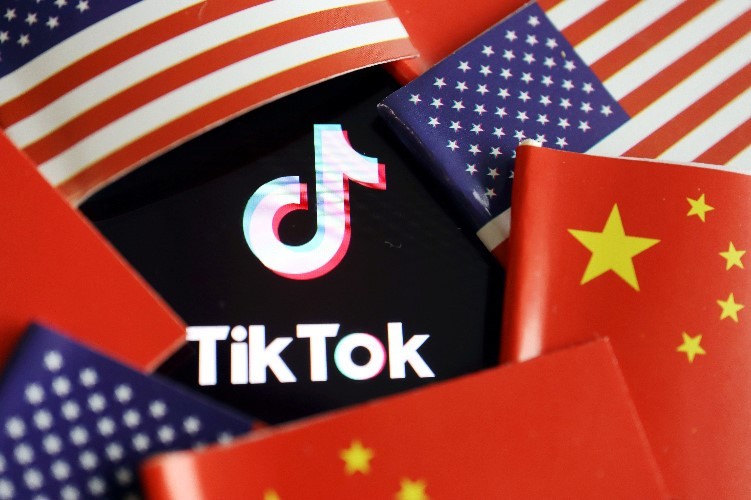In a recent update, President Joe Biden has officially signed the TikTok ban bill into law, following the bill's approval by the US Senate with a decisive 79-18 majority on April 23rd.

Signing TikTok Ban into Law
President Joe Biden has taken a significant step by signing into law a bill that not only addresses various national security concerns but also includes provisions for banning TikTok in the United States. This follows the bill's successful passage in the US Senate with a resounding majority of 79-18 on April 23.
By putting his signature on this legislation, Bloomberg reported that President Biden has solidified the government's stance on safeguarding against potential threats posed by certain foreign-controlled applications.
With TikTok boasting an extensive user base of over 170 million individuals in the US alone, this ban marks a notable shift in the social media landscape, potentially impacting millions of users and content creators across the country.
Amidst warnings from agencies like the FBI, concerns loom over TikTok's Chinese owner, ByteDance, potentially sharing users' sensitive data with China's government. However, ByteDance maintains that it has never indulged in such practices and would not comply if pressured to do so.
As the law garnered initial approval in the House of Representatives on April 20, the groundwork was laid for potential action against TikTok. The legislation refuses to divest the platform, passed with overwhelming support.
In a significant move towards revising the divestment or ban bill targeting TikTok, the House voted 360 to 58 in favor. ByteDance will have a nine-month window, extendable by three months, to seek a buyer for the video-sharing app. President Biden has previously expressed his intention to endorse the bill.
TikTok's Response to Ban Bill: Defending Independence
TikTok maintains that it operates independently, highlighting its diverse leadership team spanning across different regions. With a CEO situated in Singapore, a COO in the US, and a global head of trust and safety in Ireland, the company underscores its commitment to global governance and diversity in leadership.
In response to the bill, TikTok expressed disappointment, characterizing the move as an attempt to stifle free speech rights and economic contributions. The company emphasized the potential adverse impact on millions of Americans and businesses, as well as the substantial economic contribution it makes to the US economy, amounting to $24 billion annually.
The developers argue that the US government's singular focus on TikTok highlights hypocrisy, pointing out that other tech giants like Google and Meta, subject to similar data safety scrutiny, receive preferential treatment.
The ban presents a significant blow to content creators and small businesses reliant on TikTok for income. Concerns abound among experts that the app's removal could lead to job losses and economic instability. Creators also assert that their freedom of speech is infringed upon by the new legislation.
TikTok's chief Shou Zi Chew reaffirmed the company's commitment to its users, pledging to continue advocating for their interests. Emphasizing their determination to defend the platform, Chew assured users that TikTok would exhaust all available legal avenues to protect its community.
Related Article : TikTok Faces Potential Ban or US Sale After Senate Vote


![Apple Watch Series 10 [GPS 42mm]](https://d.techtimes.com/en/full/453899/apple-watch-series-10-gps-42mm.jpg?w=184&h=103&f=9fb3c2ea2db928c663d1d2eadbcb3e52)


